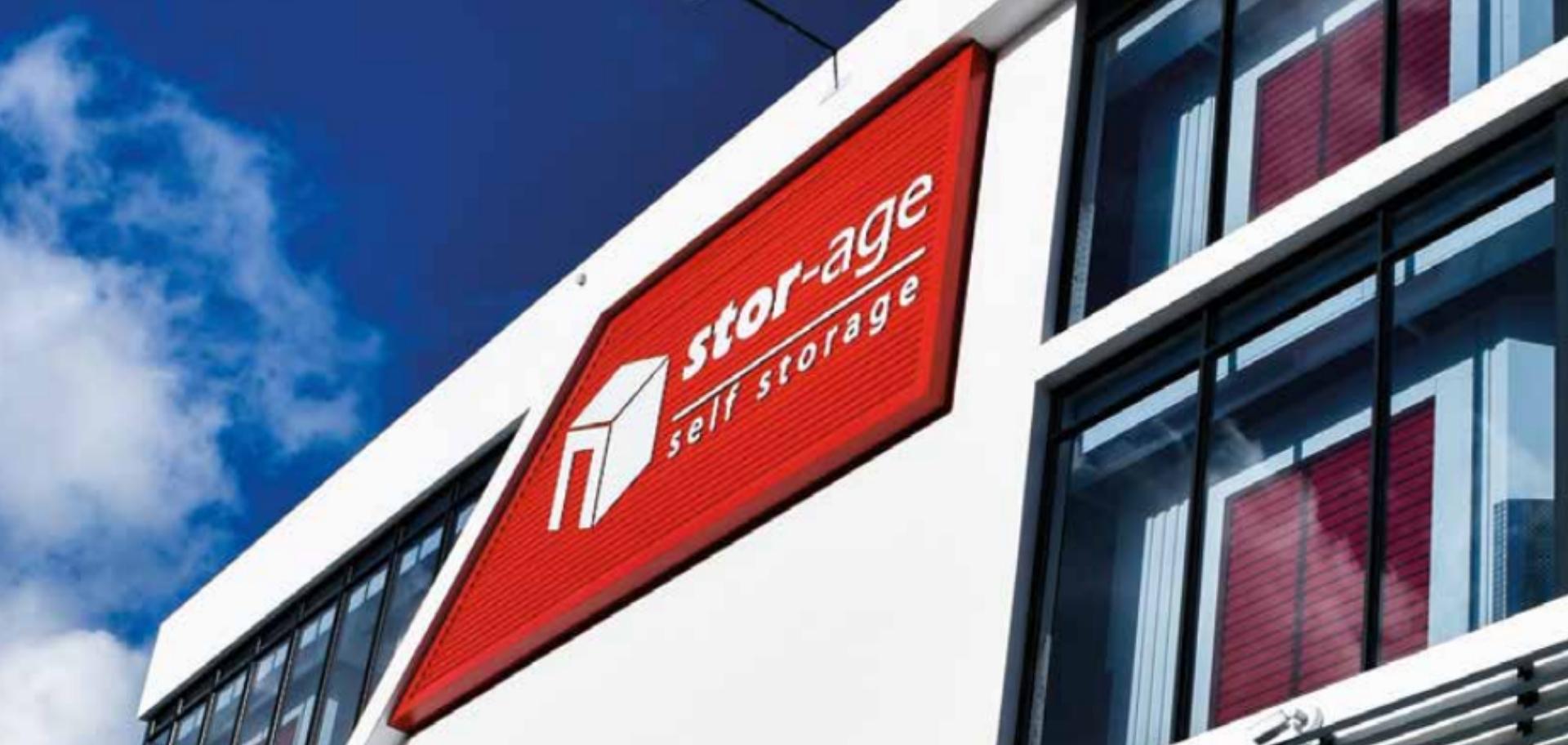In theory, property is supposed to be a defensive asset class. The pandemic demonstrated that many types of property aren’t nearly as defensive as people thought.
For a detailed look at the South African property market, last week’s update from Growthpoint is well worth a read. I wrote a feature article on it that deals with all the important insights into the retail, office and industrial property sectors, along with a reminder of what a gem the V&A Waterfront is.
Stor-Age has managed to give investors somewhere to hide over this period.
It’s not the kind of company that is likely to give incredibly high returns. Importantly, many see it as unlikely to fall over, as the self-storage asset class has been resilient throughout all the challenges. It also helps that Stor-Age enjoys geographical diversification, with R4.9 billion in local assets and R5.3 billion in UK assets under the brand Storage King.
The fund has now released results for the year ended March 2022 and declared a cash dividend. Distributable income increased by 7.5% year-on-year, so now you understand why I believe it is a solid but not necessarily spectacular place to put your money.
It’s important to remember that distributable income doesn’t include the increase in value of the underlying portfolio, as you can’t pay an unrealised gain as a dividend. If that is included, the total return for the year was 16.5%. That’s an excellent accounting return that isn’t being reflected in the share price, which is trading at the same levels as June 2020.
The business model is great. Same-store closing occupancies were over 90% in the SA and UK and the loan-to-value (LTV) ratio is 27.9%, which is the right sort of number for a property fund. An LTV of over 40% is where property executives start to have a few sleepless nights.
Stor-Age continues to grow its portfolio, having acquired 11 trading properties and completed three developments. There’s a development pipeline of 14 properties, four of which are already in progress with Stor-Age’s joint venture partners (Moorfield in the UK and Nedbank in South Africa).
The company is also taking a leaf out of the hotel industry’s book, offering a third-party management solution to other storage businesses. This lets Stor-Age generate additional revenue without needing to invest capital, which is exactly how hotel groups (e.g. Hyatt) operate once they have a proven model. It’s early days with this offering but I do find it rather interesting.
Stor-Age also raised a seven-year £21 million sustainability-linked loan from Aviva Investors. If you want to learn more about sustainability-linked loans, check out this great feature written by the Ghost Grads.
There is R2.9 billion in gross debt on the balance sheet, of which R1.28 billion is local and R1.62 billion in in the UK. In terms of interest rate hedges, 71.5% of local gross debt is hedged and 77.7% of UK debt is hedged. The effective interest rates are 6.65% in South Africa and 3.41% in the UK.
The equity side of the balance sheet also received some love, with a R575 million oversubscribed accelerated bookbuild in January 2022. This is a way of raising money that is a bit like releasing concert tickets to legions of adoring fans who fight over the right to part with their money.
The full year dividend of 111.90 cents is 5.4% higher than the prior year and is a yield of 7.9% based on the closing price the day before this announcement. I must remind you that dividends from Real Estate Investment Trusts (REITs) are taxed like normal income, not dividends, so you need to apply your marginal income tax rate to this number (which varies whether you hold shares through a company or in your own name).
The net tangible asset value per share is R13.59 and the share price was trading at R14.17 before the announcement came out, so Stor-Age is still trading at a premium.
The key risk here is rising yields and the impact on distributable income, as a decent chunk of the debt isn’t hedged. The question then becomes whether Stor-Age will be able to increase rental rates if we head into more economic difficulties. Will people finally get rid of that extra stuff as budgets become tighter, especially if storage rates increase? Or is the business so strong that there will be enough demand to keep the units full?





I love this REIT as an investment.
Congrats on all your success ghost.
Read your first note at ince connect and enjoyed your content from the onset.
Hard work pays off.
Sorry I’ve been meaning to reply to this – thanks so much!